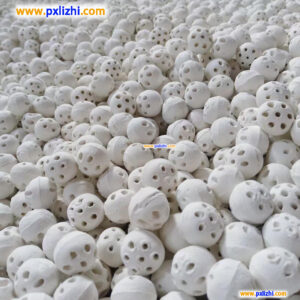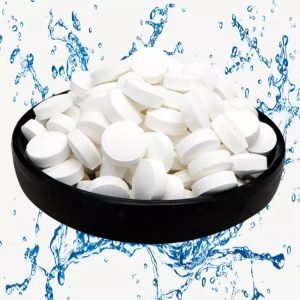The Ultimate Guide to Inert Ceramic Balls: Applications and Benefits

The Ultimate Guide to Inert Ceramic Balls: Applications and Benefits
Inert ceramic balls are essential components widely used across various industrial sectors. These high-performance spheres are crafted from chemically inert materials, offering exceptional resistance to thermal shock, corrosion, and mechanical wear. Their unique properties make them indispensable in processes requiring reliable support, protection, and efficiency enhancement.
Industrial Applications
These versatile balls serve multiple roles, including catalyst bed support in chemical reactors, tower packing in distillation columns, and grinding media in milling operations. They prevent clogging, distribute fluids evenly, and improve heat transfer, ensuring optimal process performance and equipment longevity.
Key Advantages
By using inert ceramic ball solutions, industries benefit from reduced operational costs, minimized downtime, and enhanced product purity. Their durability and stability under extreme conditions contribute to sustainable and efficient manufacturing practices.
Frequently Asked Questions
What materials are inert ceramic balls made from?
They are typically manufactured from high-alumina content, silica, or other refractory compounds, ensuring chemical inertness and thermal stability.
How do they improve process efficiency?
By providing uniform fluid distribution and protecting catalysts, they maximize reaction rates and separation efficiency in industrial systems.
Optimize Your Operations Today
Upgrade your industrial processes with premium inert ceramic balls. Contact our experts to select the ideal specifications for your application and boost productivity.


